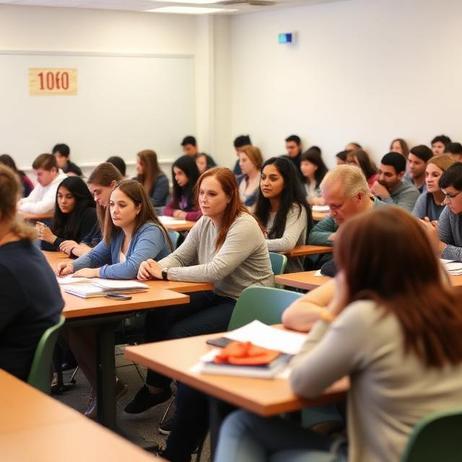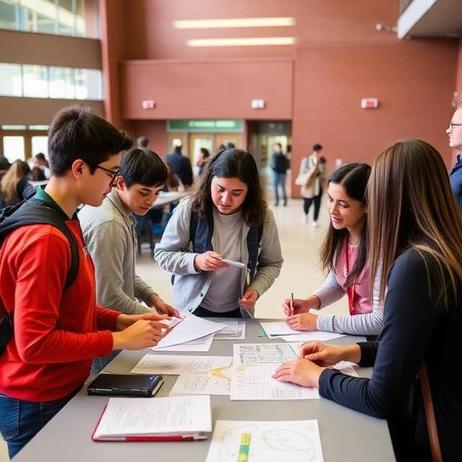How Community Colleges Are Using AI Tools to Support Student Success in 2025
Artificial intelligence has moved from an experimental technology to a practical tool across higher education. In 2025, community colleges are among the most active adopters of AI tools, using them to address persistent challenges such as retention, equity gaps, academic preparedness, and workforce alignment. With open access missions and diverse student populations, community colleges are uniquely positioned to benefit from AI tools that personalize learning, streamline services, and support student success at scale.
This article examines how community colleges are using AI tools in 2025, the benefits and risks of adoption, and what students, parents, and educators should know as these technologies become embedded in everyday campus life.
Why AI Tools Matter for Community Colleges
Community colleges serve nearly half of all undergraduate students in the United States. Many learners balance work, family responsibilities, and financial constraints, making timely support critical. AI tools help colleges respond to these realities by providing:
Scalable student support without proportional staffing increases
Real time insights into student progress and risk factors
Personalized academic and career guidance
Faster access to services such as advising, tutoring, and registration
According to national research shared by the Community College Research Center, institutions that combine technology with human centered design are better positioned to improve completion






















